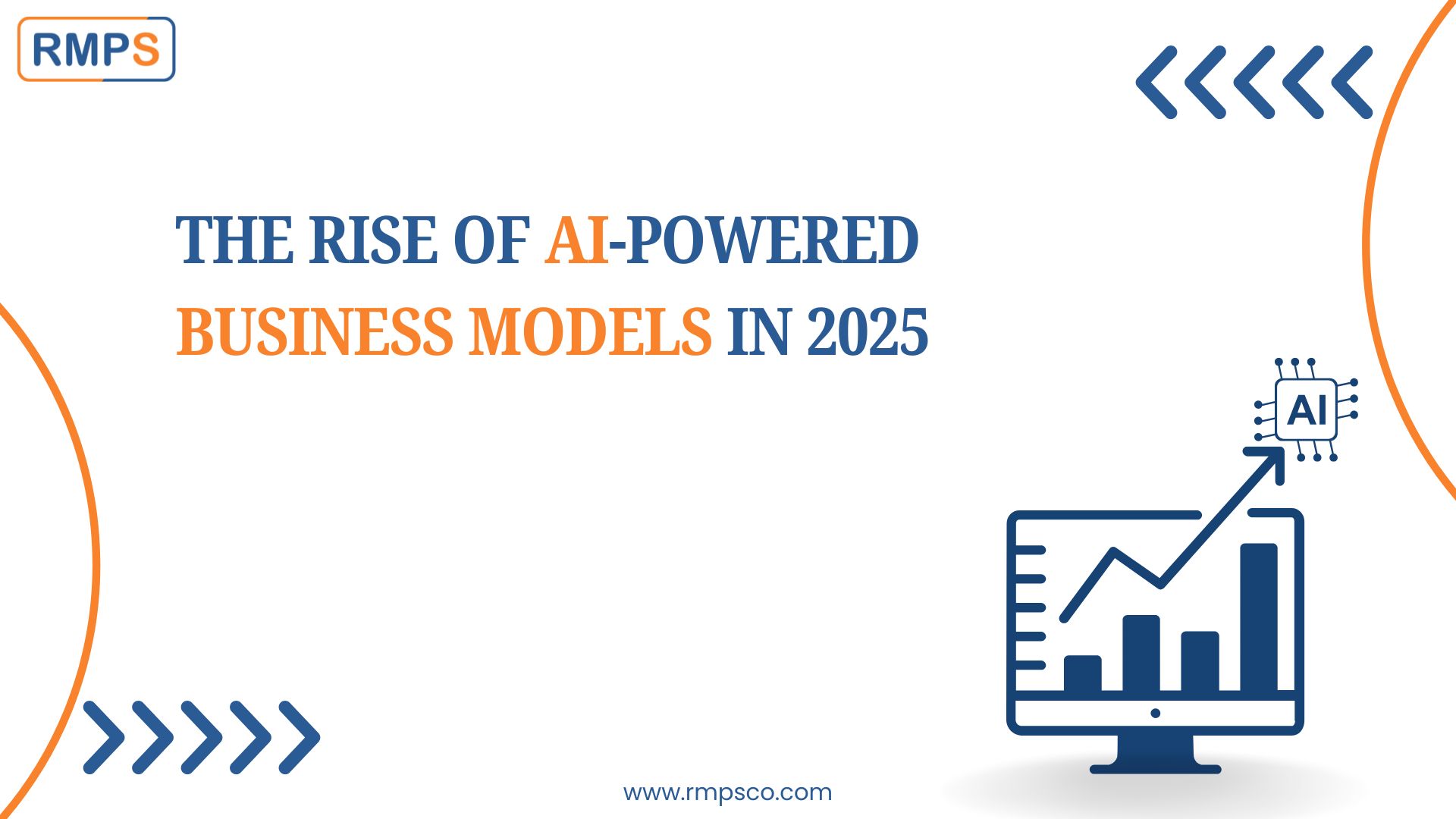
In an era defined by rapid technological advancements, artificial intelligence (AI) continues to revolutionize industries and redefine how businesses operate. As we step into 2025, AI-powered business models are no longer a futuristic concept but a thriving reality that is shaping the global economy. From automating routine tasks to providing deep insights through data analysis, AI is empowering organizations to innovate, scale, and adapt like never before.
Why AI-Powered Business Models Are Gaining Traction
- Efficiency and Automation: AI enables businesses to streamline processes and eliminate inefficiencies. Tasks that once required hours of manual effort can now be automated, freeing up valuable resources.
- Data-Driven Decision Making: Companies leveraging AI can analyze vast datasets in real-time, uncovering patterns and trends that inform strategic decisions. This predictive capability gives organizations a competitive edge.
- Personalized Customer Experiences: AI-powered tools such as chatbots, recommendation engines, and sentiment analysis algorithms allow businesses to deliver highly personalized customer experiences, fostering loyalty and trust.
- Cost Reduction: Automation of repetitive tasks and optimization of resource allocation lead to significant cost savings, making AI adoption a financially prudent choice.
Key Sectors Embracing AI in 2025
AI adoption is widespread across various sectors, with some industries experiencing transformative impacts:
- Healthcare: AI-powered diagnostic tools and telemedicine platforms are improving patient outcomes and making healthcare more accessible.
- Finance: Fraud detection, algorithmic trading, and personalized financial planning are some areas where AI is reshaping the financial landscape.
- Retail: From inventory management to personalized shopping experiences, AI is enhancing efficiency and customer satisfaction in the retail sector.
- Manufacturing: Predictive maintenance and robotics powered by AI are reducing downtime and boosting productivity in manufacturing units.
Challenges and Ethical Considerations
While AI presents numerous opportunities, it also brings challenges and ethical concerns that businesses must address:
- Data Privacy: Collecting and analyzing large amounts of data requires stringent measures to protect user privacy.
- Job Displacement: Automation may lead to job losses in certain sectors, necessitating workforce reskilling and upskilling initiatives.
- Bias in AI Algorithms: Ensuring fairness and eliminating biases in AI systems is critical to building trust and equity.
- Regulatory Compliance: Organizations must navigate a complex landscape of regulations governing AI use to avoid legal and reputational risks.
The Future of AI-Powered Businesses
As AI technologies continue to evolve, businesses that embrace these innovations will unlock new opportunities for growth and differentiation. Key trends to watch in 2025 include:
- Generative AI: Transforming content creation, product design, and customer interactions.
- AI and IoT Integration: Enhancing connectivity and automation in smart ecosystems.
- Edge AI: Enabling real-time decision-making at the edge, reducing latency and improving efficiency.
- AI for Sustainability: Driving green initiatives through smart energy management and sustainable resource allocation.
Conclusion
The rise of AI-powered business models in 2025 underscores the transformative potential of this technology. For organizations to thrive in this new era, adopting AI strategically and responsibly is essential. By harnessing AI’s capabilities, businesses can not only achieve operational excellence but also create value that resonates with customers and stakeholders alike.
This article is only a knowledge-sharing initiative and is based on the Relevant Provisions as applicable and as per the information existing at the time of the preparation. In no event, RMPS & Co. or the Author or any other persons be liable for any direct and indirect result from this Article or any inadvertent omission of the provisions, update, etc if any.
Published on: December 13, 2024
